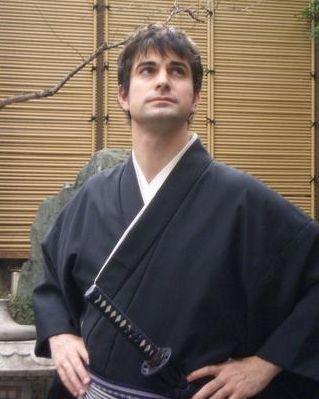Pope calls same sex-unions 'weak and deviant'
Italy debating recognizing relationships
Oct. 19, 2006. 03:49 PM
REUTERS
VERONA, Italy — Pope Benedict on Thursday urged Italian Catholics to defend the traditional family and in an apparent reference to gay marriage, said they should oppose any moves to legalise "weak and deviant" unions.
Oct. 19, 2006. 03:49 PM
REUTERS
VERONA, Italy — Pope Benedict on Thursday urged Italian Catholics to defend the traditional family and in an apparent reference to gay marriage, said they should oppose any moves to legalise "weak and deviant" unions.
The Pope made his comments in a long, wide-ranging speech to a national convention of Italy's politically powerful Roman Catholic Church in the northern Italian city of Verona, famous as the setting for Shakespeare's "Romeo and Juliet".
While he did not specifically mention gay marriage, thousands of listeners at the fairgrounds in Verona's outskirts strongly applauded the two parts of his speech about the family and "other forms of unions".
He urged them to fight "with determination ... the risk of political and legislative decisions that contradict fundamental values and anthropological and ethical principles rooted in human nature".
The Pope said they had to defend "the family based on matrimony, opposing the introduction of laws on other forms of unions which would only destabilise it and obscure its special character and its social role, which has no substitute".
In another section of his speech, the Pope made another apparent reference to homosexual marriage, stating that the Church had to say "'no' to weak and deviant forms of love".
He said the Church wanted instead to say "'yes' to authentic love, to the reality of man as he was created by God".
Gayleft, an Italian homosexual rights group, said the Pope had "offended the dignity of millions of Italian men and women" and that too few leftist politicians had stood up to defend their rights after the Pope made his address.
Since his election in April 2005, Benedict has firmly backed the Roman Catholic Church's strong opposition to moves to legalise gay marriage or to legally recognise unwed heterosexual couples.
The centre-left coalition of Prime Minister Romano Prodi has promised some form of recognition for unmarried couples but has so far stopped short of openly supporting gay marriage.
But some leftist parties in the coalition, which ranges from Catholics to communists, back greater rights for homosexuals, including marriage.
Some in the centre left support a legal recognition similar to that in France, which in 1999 granted all couples the right to form civil unions. Civil unions entitle them to joint social security, limited inheritance rights and other benefits.
Italy's Catholic Church opposes this, saying it will weaken traditional marriage and the traditional family.
Prodi, a practicing Catholic, attended the Pope's mass for some 40,000 people at Verona stadium on Thursday afternoon and was heckled by some in the crowd as he entered and left.
In his address to the Catholic convention, the Pope was also applauded when he said the Church had to continue to defend "life in all its phases, from conception until natural death".
He said the Church did not want to be "a political agent" but wanted to help shape social policy.
The Pope backed the Italian Church's demands for more state funding for Catholic schools, saying that they were still subjected to "ancient prejudices" he said were unjustifiable.
.
Toronto Star – 20 September 2006
